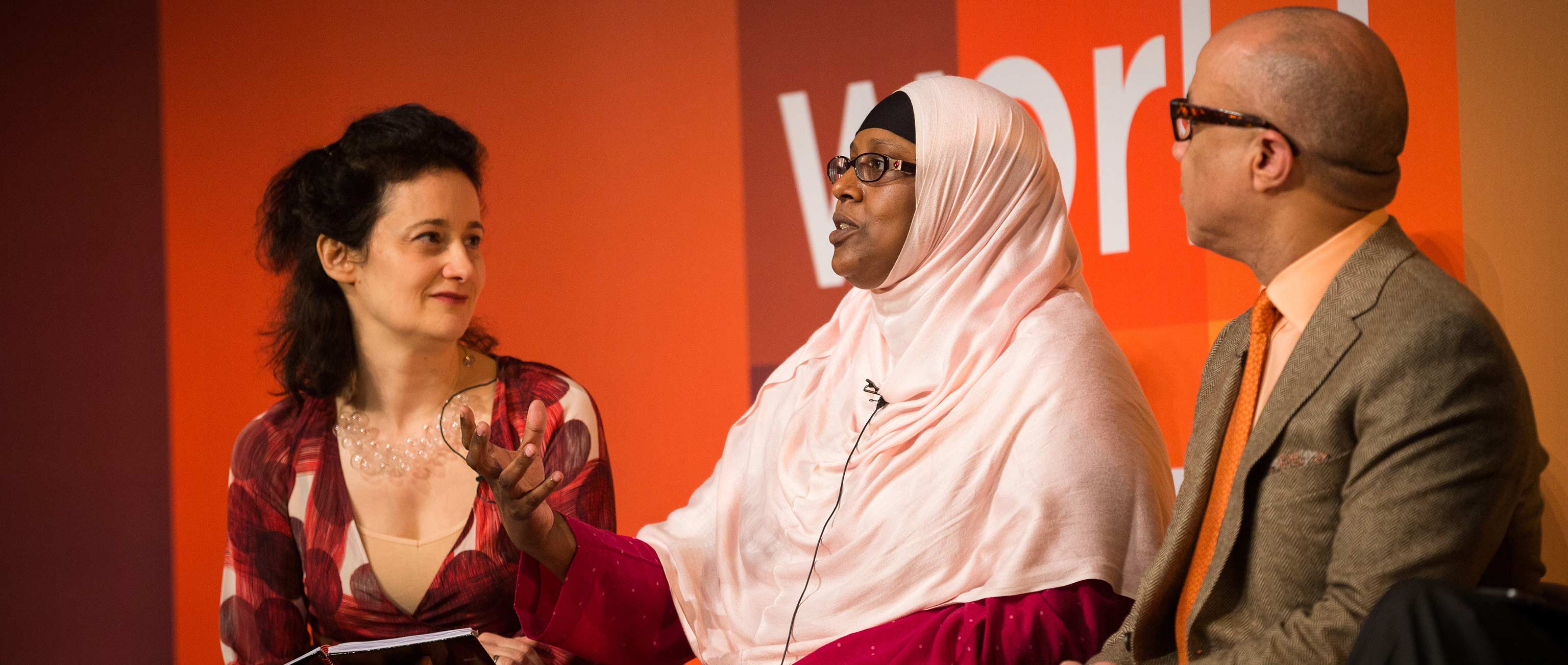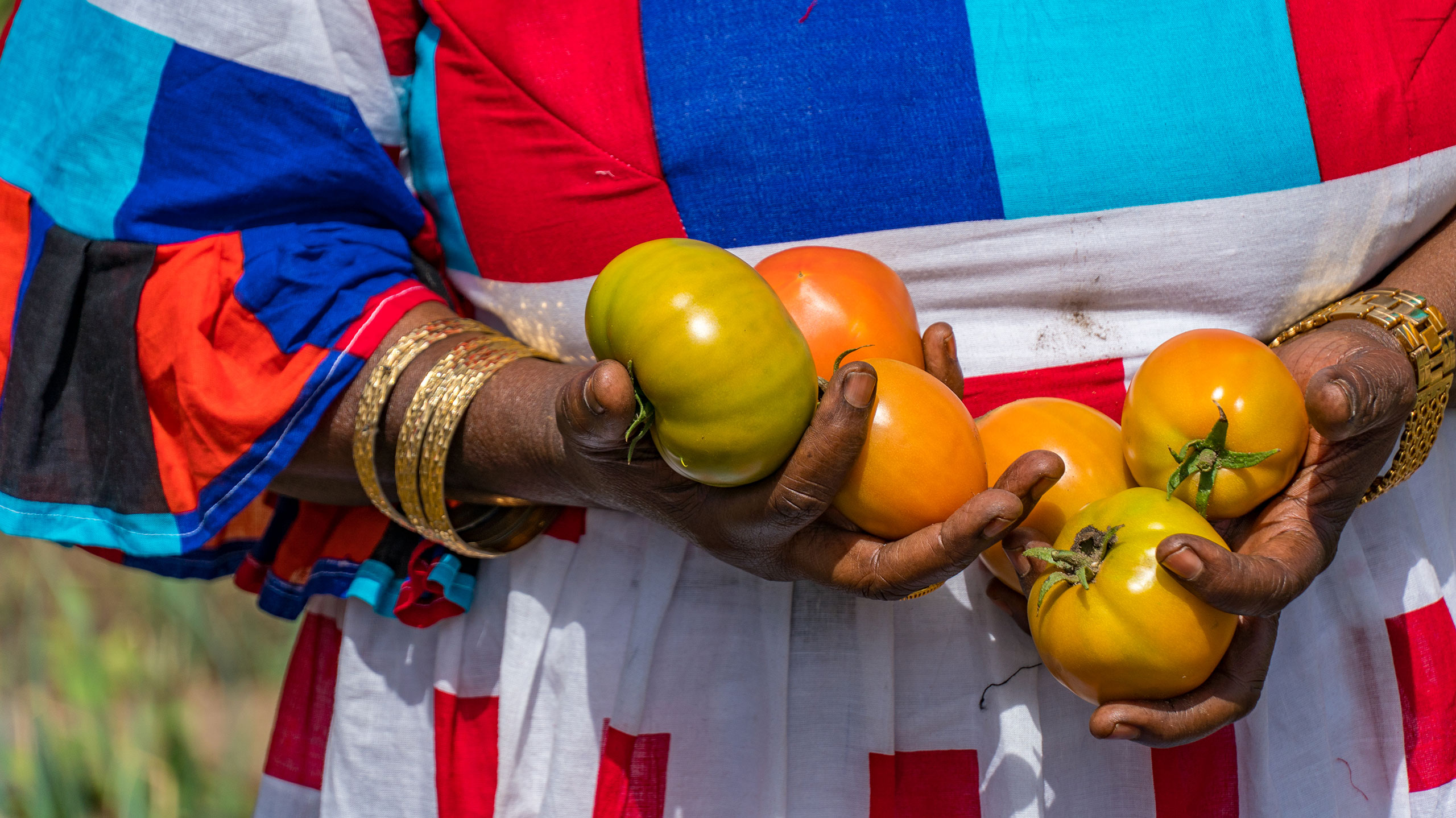This is part of a series of articles about the 2016 Skoll World Forum, which took place April 13-15 in Oxford, England.
In recent years, wealth inequality has been passionately debated around the globe, with many lamenting the disproportionate rise in power and wealth among the superrich. Today, the top 10 percent of households hold half of the world’s total wealth, while the bottom 40 percent own little more than three percent. This was the topic of a 2016 Skoll World Forum panel discussion called Challenging Global Wealth Inequality.
Before diving into some of the insights from the session, it’s worth noting that some degree of inequality is permissible, nay welcomed, in inclusive economies. It’s not that inequality should be completely eradicated—we still need incentives to work hard and, as a result, benefit from that ambition and determination—it’s that, increasingly, there’s a feeling that the rules are rigged and the poor majority are invisible and powerless.
Our current system
Ngaire Woods of the Blavatnik School of Government at Oxford University put it well when she said that “not all human beings cheat. But when human beings are put in a situation where they believe everyone else is cheating, then they too will cheat.”
This observation is often applied to corporate actors and corrupt individuals, but it also highlights the need for governments to be impartial. When wealthy individuals can use their money to buy influence, those without money and access to power come to feel that they have no ability to shape the future, and they become desperate.
Yves Moury of Fundación Capital and Degan Ali of Adeso remarked that the global poor are invisible. In many cases, they lack identification cards or addresses, and thus don’t exist as citizens and cannot vote or access government services like basic healthcare. Without the ability to vote, their needs are overlooked by politicians who cater to more powerful voting constituents. As Darren Walker of the Ford Foundation eloquently stated, “this invisibility, this disaffection of huge swaths of the population…is due to persistent prejudices and cultural narratives embedded in our systems and structures.”
Solutions
So if that’s the current state, what can be done to transform it? As Nick Hanauer of Civic Ventures posited, will violent revolution be the most likely avenue towards creating large-scale change? What can be done today, within our own spheres, to address growing inequality?
- Develop the capacity of national civil society actors so they can be at the forefront of challenging government corruption. Invest long-term in strengthening and connecting local actors so they feel like they have power. Trust that people, when given their rights, will exercise the agency to transform their own societies. (Degan Ali, Darren Walker)
- Confront our prejudices and challenge existing narratives about corruption. Corruption isn’t just a secret suitcase full of cash—in the US it’s legal to use campaign contributions as a way of securing political favors. (Darren Walker)
- Find new evangelists in the fights against inequality, particularly those who have benefitted from the existing system (generally rich, white men). We need these people to say that things are fundamentally unjust and that much of their success is the result of a rigged system. (Nick Hanauer, Darren Walker)
- Ensure that government is truly representative, so we don’t end up with one group deciding what’s in the best interest of another group. Make sure that there’s some longevity in tenure and not complete turnover with each election cycle, as the focus shifts from doing one’s job to doing what’s needed to get your person elected. (Ngaire Woods)
We have to tackle inequality–there’s no other way to get to a just society. As Darren Walker said last year in announcing the Ford Foundation’s new focus, “inequality, in its broadest sense, can be found at the root of nearly every injustice.” We need to keep looking for innovative ways of getting at the roots of the problem, and pulling them out.



